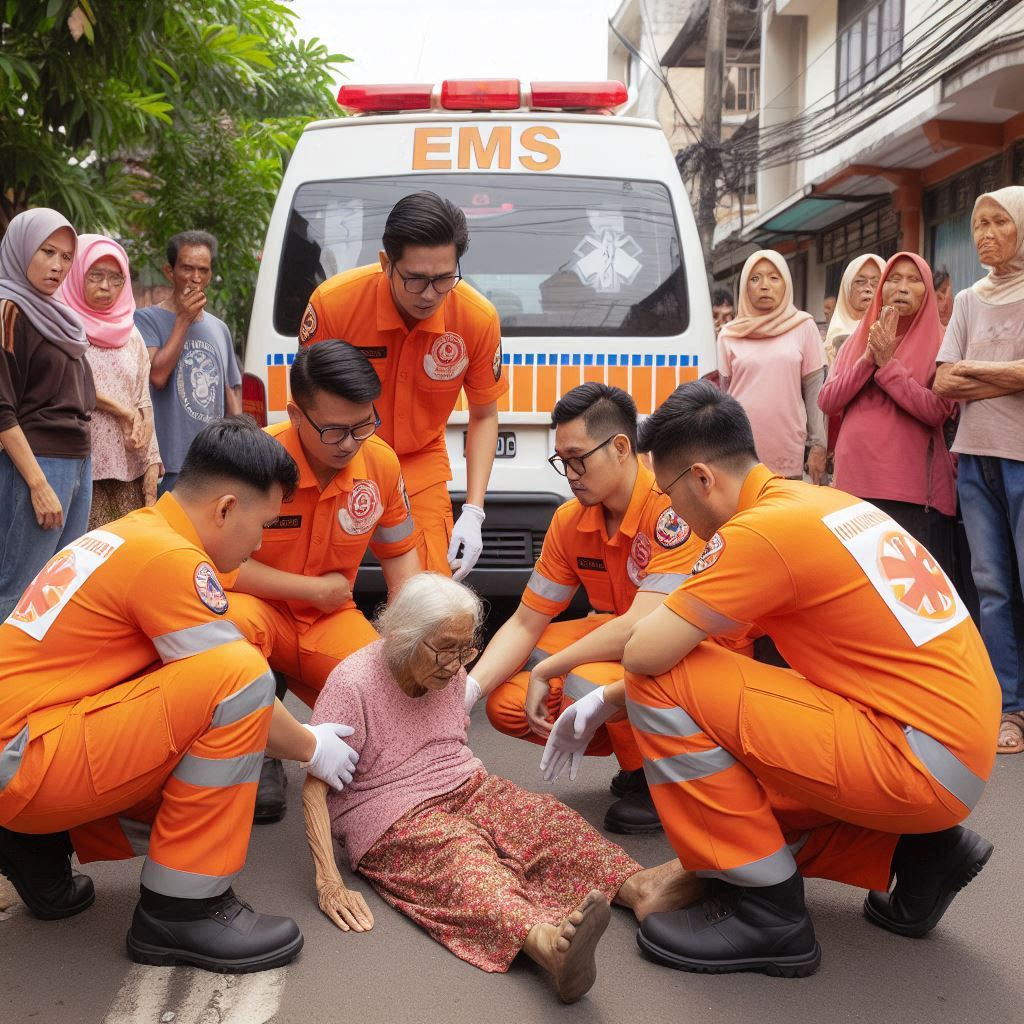
When you dial 911, you might not realize who’s on the other end, racing towards you with flashing lights and blaring sirens. Often, the individuals responding are not just professionals—they are EMS volunteers dedicating countless hours to their communities. In this article, we shed light on the invaluable work of these everyday heroes.
The Heartbeat of Community EMS Service
These individuals are the backbone of local emergency response teams. You might find them at local fire stations, health clinics, or even maintaining full-time jobs elsewhere. Their roles are diverse and unpredictable, yet each moment they dedicate is pivotal for the safety and health of their community.
Volunteers come from all walks of life. Take John, for example. By day, he’s a high school teacher. By night, he transforms into a paramedic, ready to respond to emergencies. John’s motivation? He lost a close friend in a car accident because help arrived too late. He didn’t want others to experience that agony.
Linda, another notable figure, balances her career as a software engineer with her volunteer work. She recalls her first day on the job, faced with a medical crisis that demanded immediate action. Her quick thinking and training saved a life that day. These real-life heroes aren’t highlighted enough, yet their backgrounds and experiences enrich their contributions to community EMS service.
What Drives EMS Volunteers?
A common thread among EMS volunteers is their profound desire to give back. Whether motivated by a personal experience, a calling, or passion, they bring unmatched dedication. There’s an intrinsic satisfaction they derive from knowing their actions make a genuine difference in someone’s life.
The Diverse Roles of EMS Volunteers
EMS volunteers don’t just respond to medical emergencies; their roles are multifaceted.
- Volunteer paramedics often respond to 911 calls, providing critical care before patients reach the hospital.
- Many volunteers also engage in community outreach, teaching CPR, first aid, and emergency preparedness.
- Be it marathons, parades, or concerts, they offer first aid services, ensuring public safety.
- During natural disasters, volunteers are often the first on the scene, assisting with evacuations and medical aid.
To be effective, these volunteers undergo extensive training. They are certified and continually update their skills to stay prepared for any situation. This commitment to learning ensures that they deliver the highest quality of care.
Imagine a bustling city without enough medical professionals to respond swiftly. This scenario is mitigated by volunteers who fill gaps, ensuring everyone receives timely care. They’re instrumental in reducing response times and alleviating pressure on professional EMS staff, especially in rural or under-resourced areas.
The Challenges Faced by Volunteer Paramedics
While the stories of volunteer paramedics are inspiring, their journey is not without obstacles. Balancing their personal, professional, and volunteer commitments can be daunting. The emotional toll of responding to traumatic events also takes its toll. The financial burden of training and equipment often rests on their shoulders.
Witnessing trauma and tragedy repeatedly requires immense emotional resilience. Volunteers often rely on peer support and counseling to cope with the psychological stresses of their work. Despite these challenges, their commitment to serving remains unwavering.
Funding for volunteer programs can be limited. Many volunteers purchase their own gear, cover training costs, and even fund transportation. Community donations and grants help, but the financial strain can still be significant. Despite this, their dedication remains unshaken.
Balancing a day job with the unpredictable nature of emergency calls is no small feat. Volunteers often have to make sacrifices, missing family events or personal time. Their ability to manage time effectively and stay committed is truly commendable.
The Impact on Communities
The presence of EMS volunteers profoundly impacts their communities in ways that are often overlooked. Their contributions to public safety, health education, and emergency response are immeasurable.
Regular interaction with community members helps build trust and strengthens the relationship between the public and medical responders. People feel safer knowing that dedicated, trained individuals are always ready to help. This trust is vital, especially in times of crisis.
Events with dedicated EMS volunteers run smoother and safer, with fewer medical incidents escalating into emergencies. Their presence is reassuring, knowing that help is available at a moment’s notice. Public safety is significantly enhanced because of their vigilant watch.
Through classes and demonstrations, volunteers educate the public on essential skills that could save lives. This knowledge spread is a ripple effect—more people knowing CPR, first aid, or responding to emergencies can collectively make a community safer.
Supporting EMS Volunteers
Given the tremendous value they bring, supporting EMS volunteers is crucial. Communities can offer support through donations, grants, or simply by recognizing and appreciating their work. Here’s how you can help:
- Host fundraisers to provide financial support for equipment and training.
- Promote awareness of their efforts within the community.
- Join the ranks! If capable, contribute your time and skills.
- Organizing events to celebrate and recognize their contributions can boost morale and encourage more volunteering.
Testimonials from the Community
Jane, a resident, shares, “I’ll never forget the night my husband had a heart attack. The volunteer paramedics arrived so quickly and their intervention saved his life. We owe them everything.”
Carlos, a local business owner, notes, “These volunteers are always ready to help during our community events. Their presence ensures a smooth, safe experience for everyone.”
